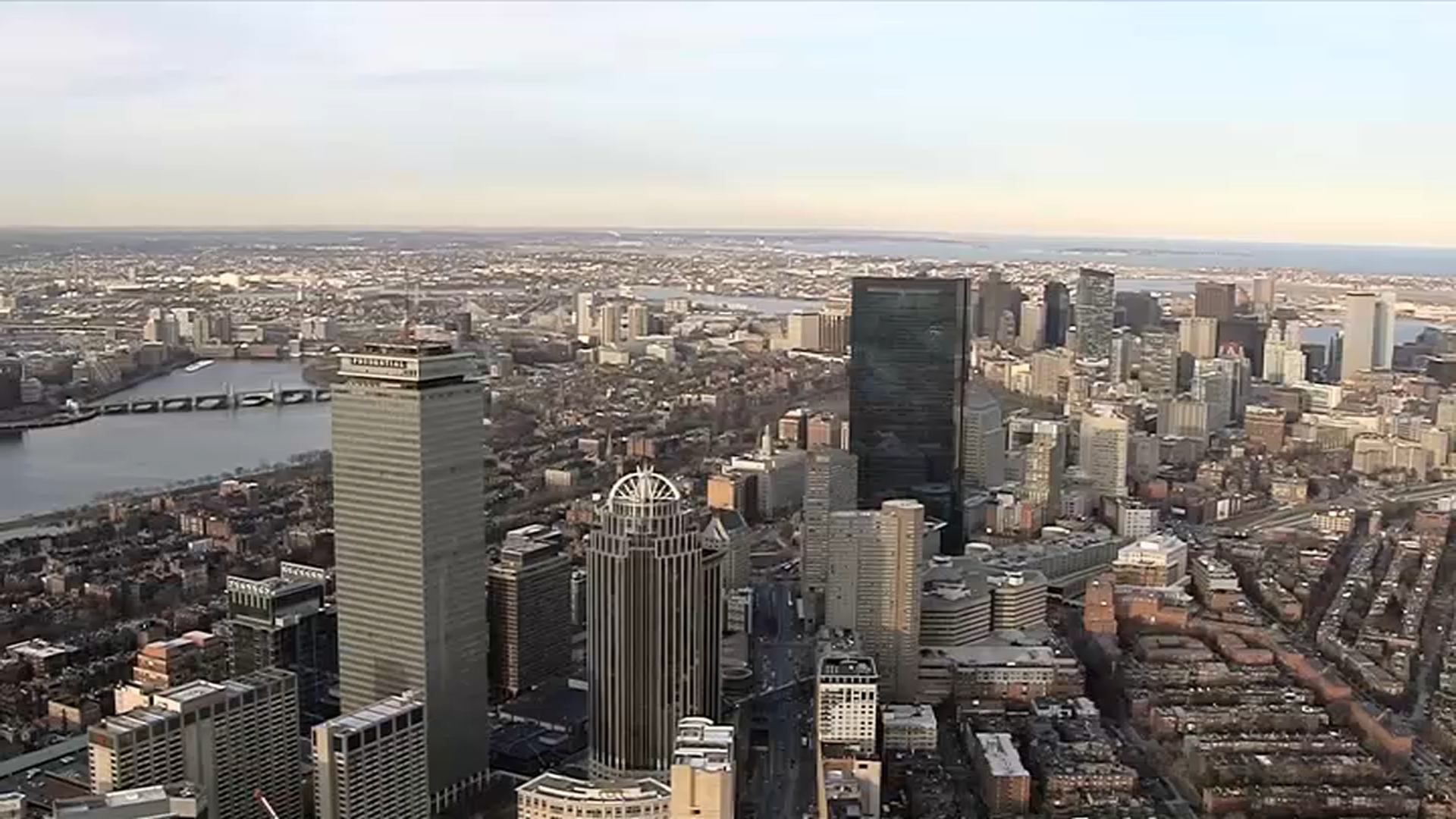Boston Mayor Michelle Wu spoke to a joint committee on Beacon Hill Wednesday to advance her revised tax proposal.
The mayor urged lawmakers to approve it in time for Gov. Maura Healey's signature. Wu called the revised plan, with more protections for small businesses, a compromise, balancing the needs of residents and the business community.
WATCH ANYTIME FOR FREE
>Stream NBC10 Boston news for free, 24/7, wherever you are. |
Boston's commissioner of assessing used a paperclip as a visual aid during the presentation to lawmakers to illustrate a new balance: An effort to offset revenue losses caused by vacant business space by shifting and increasing the tax burden onto commercial properties.
"We need residents to have enough money in their pockets at the end of every month to go out and support our businesses," Wu said.
Get updates on what's happening in Boston to your inbox. Sign up for our >News Headlines newsletter.
She warned that homeowners could face steep property tax increases without the plan, which would likely be passed on to renters.
Lawmakers, however, pushed back, questioning the city’s financial needs.
"We all have to think about tightening our belts," said Massachusetts State Sen. Susan Moran.
Wu countered, citing the need to address long-overdue salary adjustments for municipal workers.
"We had to sort of adjust the salaries after about four years of not having cost-of-living increases for municipal workers — the police contract, for example," she explained.
The revised proposal includes measures to protect small businesses, such as raising the personal property tax exemption threshold from $10,000 to $30,000.
Still, some critics remain unconvinced. Business owner Lou Murray argued the tax hike would ultimately trickle down to consumers.
"You tax somebody, they pass on the cost down the ladder," Murray said.
Supporters like Boston resident Chaton Green said the tax proposal is critical for those already struggling on fixed incomes.
"I was sitting next to a 90-year-old woman, and she said, 'I still have to work.' And that broke me," Green shared.
Because the proposal would temporarily raise Boston's commercial property tax rate above the state limit, the mayor needs legislative approval to pass it on to the governor.



